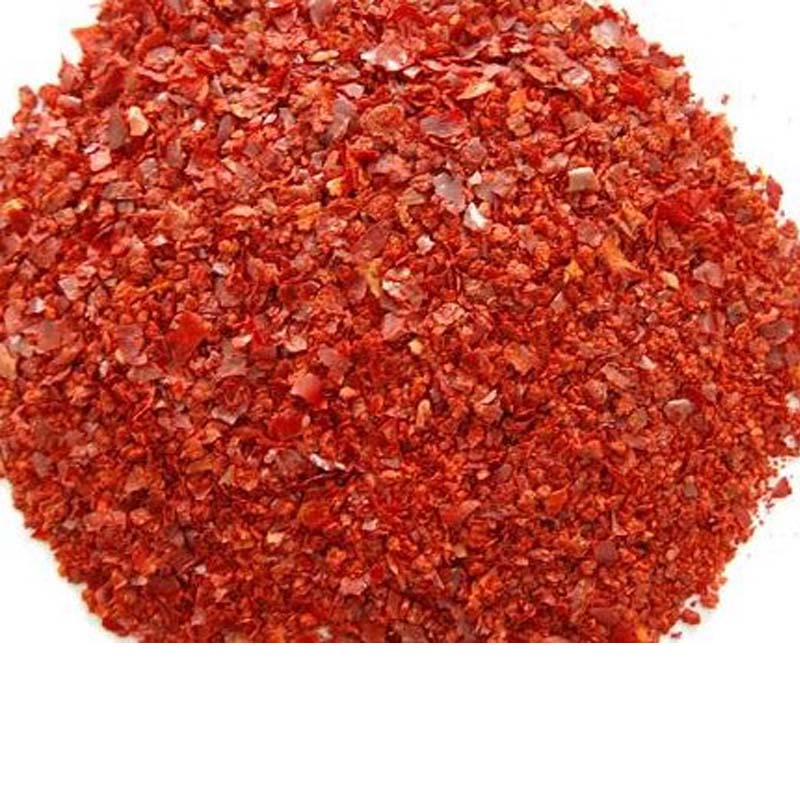- No. 268 Xianghe Street, Economic Development Zone of Xingtai city, Hebei 054001 China
- Byron@hbhongri.cn
Curcumin Extract Benefits for Health and Wellness from Turmeric Spice
The Benefits of Turmeric Curcumin Extract
Turmeric, a golden spice derived from the Curcuma longa plant, has been celebrated for centuries in traditional medicine, particularly within Asian cultures. The primary active component of turmeric is curcumin, which boasts a myriad of health benefits that have garnered considerable attention from the scientific community in recent years. This article explores the profound effects of turmeric curcumin extract on health, its mechanisms of action, and its potential applications.
First and foremost, one of the most well-documented benefits of turmeric curcumin extract is its potent anti-inflammatory properties. Chronic inflammation is increasingly recognized as a significant contributor to various health conditions, including heart disease, cancer, and neurodegenerative disorders. Curcumin works by inhibiting a number of inflammatory pathways in the body, effectively reducing inflammation and helping to alleviate associated symptoms. Studies have shown that curcumin can lower levels of inflammatory markers such as C-reactive protein (CRP) and interleukin-6 (IL-6), making it a powerful ally for those with chronic inflammatory conditions like arthritis.
In addition to its anti-inflammatory effects, curcumin has strong antioxidant properties. Antioxidants are essential for neutralizing harmful free radicals, which can damage cells and contribute to aging and various diseases. Curcumin not only scavenges free radicals but also enhances the body’s natural antioxidant defenses. Research indicates that curcumin can increase the levels of antioxidant enzymes such as superoxide dismutase (SOD) and glutathione, providing a double layer of protection against oxidative stress.
turmeric curcumin extract

The potential role of turmeric curcumin extract in brain health is another exciting area of research. Recent studies suggest that curcumin may increase levels of brain-derived neurotrophic factor (BDNF), a protein crucial for the survival and growth of neurons. Low levels of BDNF are linked to several neurodegenerative diseases, including Alzheimer’s and depression. By boosting BDNF levels, curcumin may improve cognitive function and support mental well-being.
Moreover, turmeric curcumin extract is gaining recognition for its potential anticancer properties. Several laboratory studies have shown that curcumin can inhibit the growth of cancer cells and prevent the spread of tumors. It appears to interfere with various molecular pathways involved in cancer progression, including those associated with cell proliferation and apoptosis (programmed cell death). While more research is needed, the findings thus far are promising, and curcumin is being explored as a complementary treatment for various cancers.
As with any supplement, it is crucial to consider the bioavailability of curcumin. Unfortunately, curcumin is poorly absorbed in the bloodstream when taken alone. However, combining it with piperine, a compound found in black pepper, significantly enhances its absorption and efficacy. Many high-quality turmeric curcumin supplements now include piperine for this very reason.
In conclusion, turmeric curcumin extract is a powerhouse of health benefits, primarily due to its anti-inflammatory, antioxidant, and neuroprotective properties. It also shows promise in cancer prevention and management. While it is essential to use turmeric curcumin extract as a complement to a healthy lifestyle and not as a substitute for medical treatment, its incorporation into daily life may offer substantial benefits. As always, consulting with healthcare professionals before starting any new supplement regimen is advisable, particularly for individuals with existing health conditions or those taking medications. Embracing the healing potential of this golden spice could lead to improved health and enhanced quality of life.
-
Turmeric Rhizome Powder: A Golden Treasure from Roots to TableNewsJul.28,2025
-
The Versatile Application Of Crushed Red Hot Peppers: Lighting Up The Red Flames On The Dining TableNewsJul.28,2025
-
The Paprika: A Touch Of Vibrant Red In Color, Flavor, And CultureNewsJul.28,2025
-
Ground Turmeric: A Modern Examination of an Ancient SpiceNewsJul.28,2025
-
Capsicum Liquid Extract: Features, Applications, and ChallengesNewsJul.28,2025
-
Application of Capsicum Liquid Extract in FoodNewsJul.28,2025







